Gum Recession
If your teeth are starting to look longer or feel more sensitive, you might be experiencing gum recession. This common condition happens when the gum tissue pulls away from the teeth, exposing the roots. Not only can it make your smile look different, but it can also lead to discomfort, increased sensitivity, and a higher risk of tooth decay.
Common Reasons for Gum Recession
-
Brushing Too Hard
Using too much pressure or a hard-bristled toothbrush can wear away gum tissue over time. -
Gum Disease
Bacteria in plaque and tartar can irritate the gums, leading to infection and gum loss. -
Not-So-Great Oral Care
Skipping flossing, brushing, or regular cleanings can allow buildup that harms the gums. -
Genetics
Some people are simply born with thinner or more delicate gums, making them more prone to recession. -
Hormone Changes
Shifts during pregnancy, puberty, or menopause can make gums more sensitive. -
Grinding or Clenching Teeth
Putting too much force on your teeth can also put stress on your gums. -
Crooked Teeth or Bite Issues
If your bite isn’t even, extra pressure can wear down gums in certain spots. -
Tobacco Use
Smoking or chewing tobacco reduces blood flow to the gums and slows healing. -
Oral Piercings
Jewelry that rubs against the gums can cause irritation and gum loss.
Keeping Your Gums Healthy
The good news? Gum recession can often be prevented. Brushing gently, flossing daily, visiting your dentist regularly, and protecting your teeth from grinding can all make a big difference.
The good news? Gum recession is very treatable. At NovaPerio, we offer advanced care to gently restore your gumline and protect your teeth for the long run. In many cases, we recommend a simple, highly effective procedure called soft tissue (gum) grafting.
Treatment (Soft Tissue Grafting)
During this treatment, Dr. Sperling and Dr. Yu will carefully place a small piece of tissue—either from the roof of your mouth or a safe, biocompatible material—over the exposed areas of your teeth. This helps your gums heal naturally, rebuilds healthy tissue, and gives your smile a more balanced, youthful look.
Benefits of treating gum recession with soft tissue grafting include:
- A more attractive smile with even, healthy gums
- Thicker, stronger gum tissue for lasting protection
- Less sensitivity to hot and cold
- Reduced risk of root decay and wear
- Prevention of future gum recession
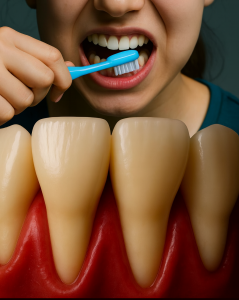
This gentle, minimally invasive treatment can make a big difference in both how your smile looks and how your mouth feels. If you’ve noticed signs of gum recession, we’re here to help you feel comfortable, confident, and cared for—every step of the way.
Before
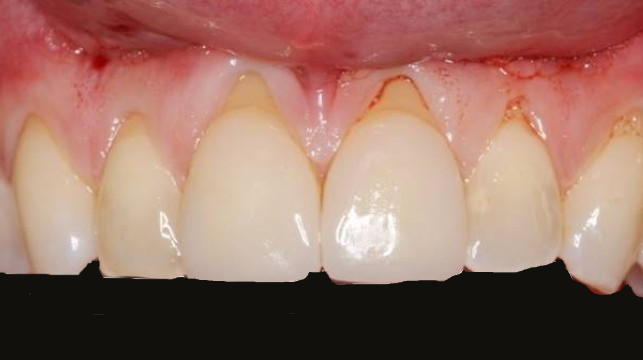
After
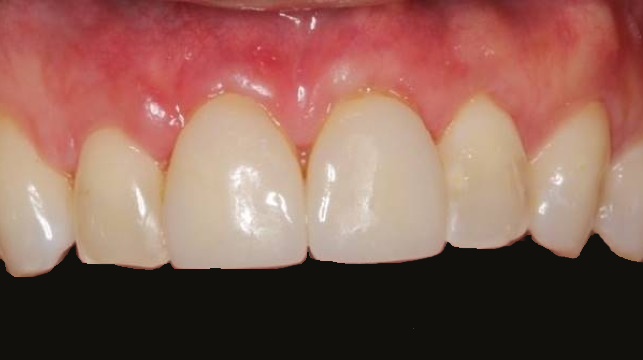
Before
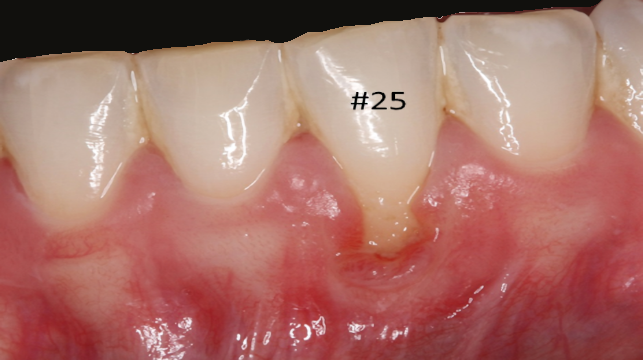
After
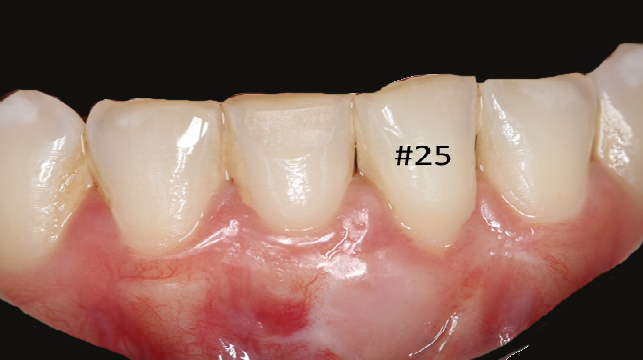
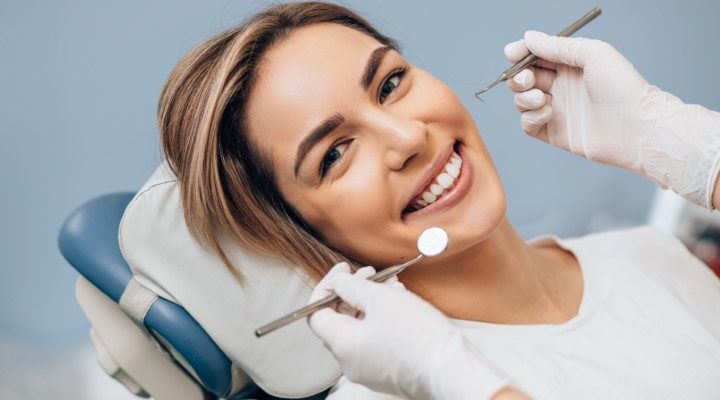
About Gum (Periodontal) Disease
Understanding Periodontal Disease
Nearly half of American adults have some form of Periodontal (Gum) disease.
Periodontal disease is a Chronic bacterial infection that affects the gums and the bone that supports your teeth. It is a leading threat to dental health and the most common cause of tooth loss. It begins with Dental Plaque—a sticky, colorless film of bacteria that continuously forms on your teeth—causing inflammation of the gum tissue.
Periodontal disease typically progresses slowly and painlessly, which is why many adults are unaware they have it. Early diagnosis and treatment are key—when caught in the early stages, the damage can often be halted and teeth can be preserved.
The earliest stage of periodontal disease is known as “Gingivitis”, which is characterized by red, swollen gums that may bleed easily. Fortunately, gingivitis is reversible with proper oral hygiene, including daily brushing and flossing, along with regular professional cleanings.
If left untreated, Gingivitis can progress to “Periodontitis”, a more serious condition. In Periodontitis, the gums begin to pull away from the teeth, forming pockets that can become infected with plaque, tartar (calculus), and harmful toxins. As the disease advances, it can lead to the destruction of the supporting bone and connective tissue, eventually causing tooth mobility or even tooth loss.
The Link Between Periodontitis and Overall Health
Research has increasingly shown that periodontal (Gum) disease is not just a localized oral health issue—it can have significant implications for overall health. The chronic inflammation associated with periodontal disease can contribute to or exacerbate a variety of systemic conditions throughout the body.
Individuals with periodontal disease may be at a higher risk for developing the following health issues:
- Heart attack (MI) and stroke (CVA).
- Preterm birth and low birth weight in pregnant individuals.
- Type II diabetes.
- Chronic kidney disease.
- Osteoporosis and Osteonecrosis.
- HIV-associated gingivitis.
- Herpes-related gingivitis.
Autoimmune disorders:
- Rheumatoid arthritis and other, including:
-
-
- Crohn’s disease
- Multiple sclerosis
- Lupus erythematosus
- Systemic Sclerosis (scleroderma)
-
These connections underscore the importance of maintaining optimal periodontal health—not only to preserve your smile, but to support your overall well-being.
The mouth: a reflection of our health
Tel: (571) 234-1344 Mon – Fri 8 AM – 5 PM
email us at info@novaperio.com or fill the Contact Form
